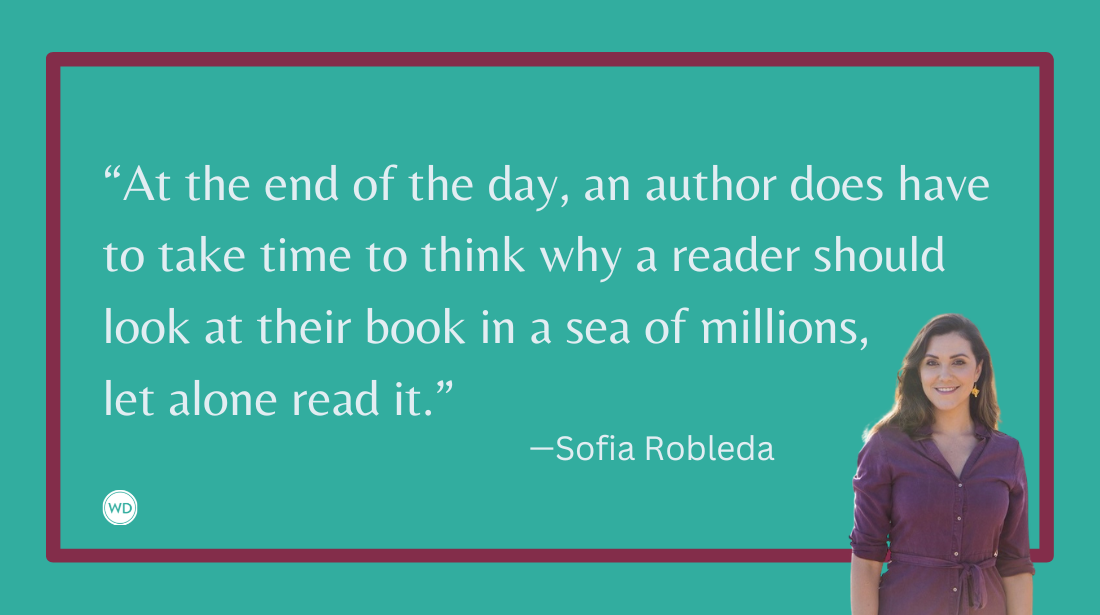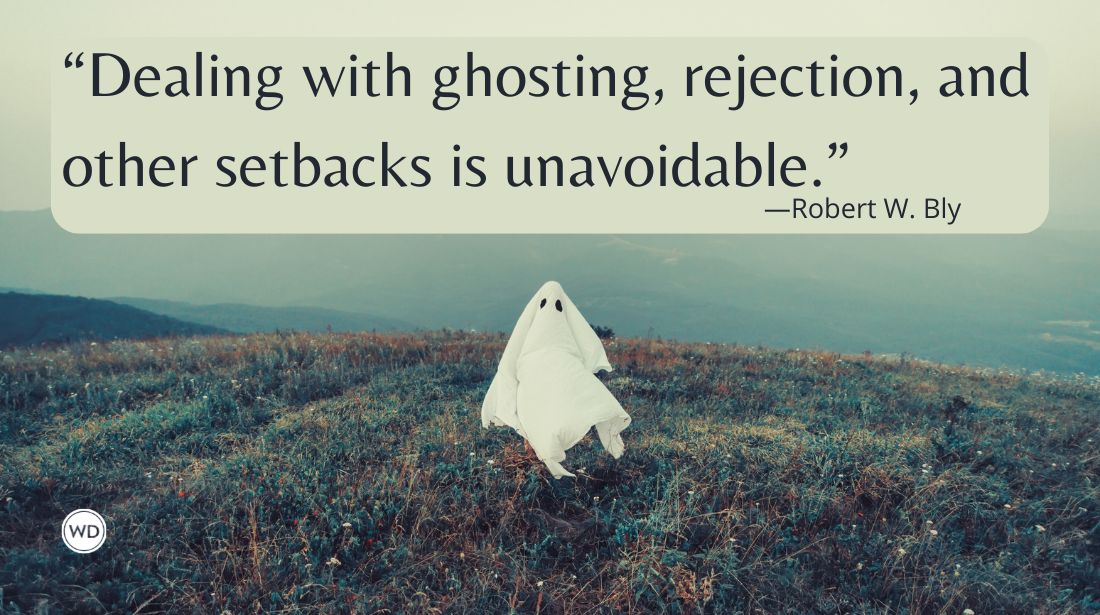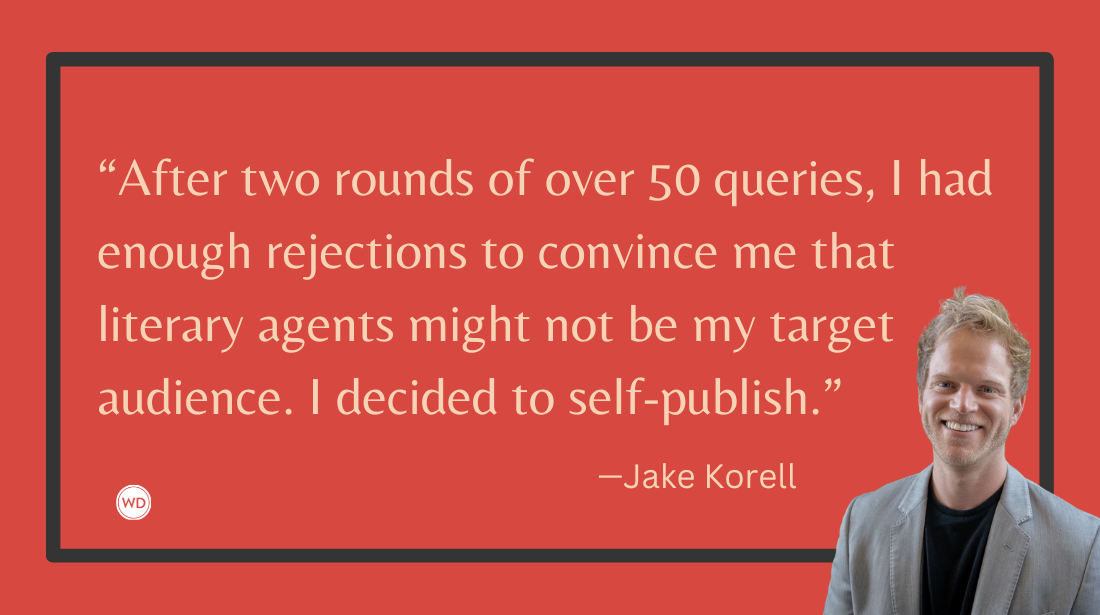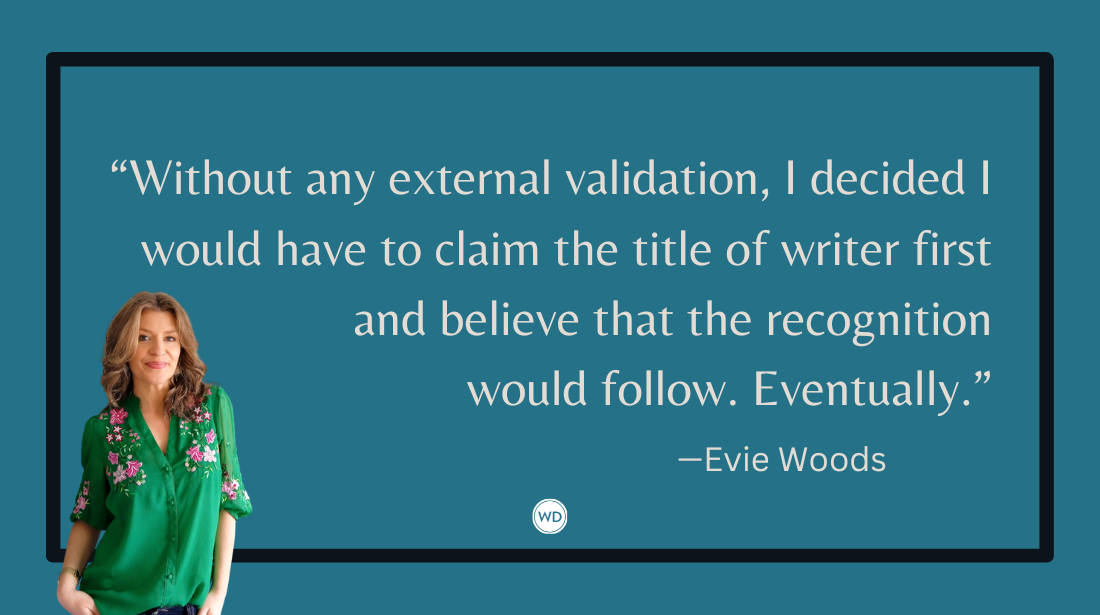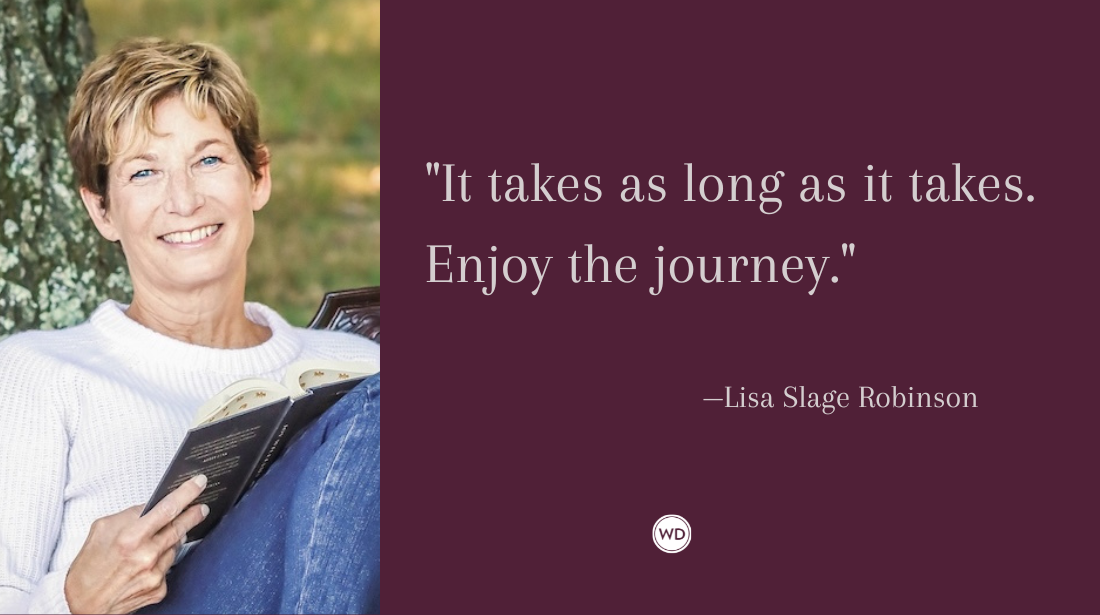The No. 1 Most Important Factor for Writers Considering the Self-Pub Option
I am frequently asked by writers what self-publishing company or service I recommend. That’s an immensely difficult question to answer succinctly because it depends on so many variables. However, the…
I am frequently asked by writers what self-publishing company or service I recommend.
That's an immensely difficult question to answer succinctly because it depends on so many variables. However, the most important factor, above all, is:
What is your primary goal for self-publishing?
That affects EVERYTHING else. It affects what advice I give you, it affects what service you choose, it affects how much money you spend, it affects the format, it affects how satisfied you are at the end of the process.
While I can't possibly cover every goal a writer might have in self-publishing (in one blog post), I'll cover the top three.
GOAL: I want the satisfaction of seeing my work in traditional book form.
This goal assumes that, even if you don't sell any copies of your book, or see it distributed in chain outlets, you will be satisfied with just having your work in print.
If this is truly your goal, then the key question becomes:
How much help or service do you need or want in making this happen? (Do you prefer to hire one firm to take care of every aspect of this project—a very hands-off approach?)
AuthorSolutions is the biggest full-service publishing provider today. Of course, their full service has a significant price tag on it.
If you're comfortable handling some aspects of the process yourself, or if you can privately hire a professional to manage this process for you, then consider services that cost less and serve more as printers rather than service providers. For example:
- Lightning Source – cost-effective print-on-demand services
- BookMasters – good for traditional print runs (but other services offered too)
Some people in the industry don't like service providers such as AuthorSolutions because they are perceived as very expensive while not giving authors absolute full control and profits.
But if your goal isn't to sell books or turn a profit, then this shouldn't make a big difference to you. It's the service you want, not the money.
For those who want strict control over the process, you're much better off hiring a private individual to help you project manage, or learning enough about how books are made to contract out services as needed.
One-question test to see if you're lying to yourself about your goal:
Imagine your finished book in your hands. Imagine giving it to friends and family and colleagues. You never sell more than a handful of copies, and you never see it on store shelves. No agent or editor ever hears about it. Do you feel satisfied and happy?
GOAL: I want a book to convey my expertise and credibility in a specific field or profession, and to build my platform.
Self-publishing has always been an excellent option for professional career and platform building—especially those who speak often, have a ready audience, and are experts in their field.
Often such authors (who are businesspeople, not writers) know more about the market and audience than a mainstream publisher, and the topic is too specialized to ever be seriously considered for trade publication.
In this case, the next important question becomes:
How much profit do I want out of this?
If you want to maximize your profit from book sales, you should avoid full-service providers, since they will collect a royalty on every book you sell. Instead, you should look at a true DIY option (as described previously), where you contract out all services yourself, or privately hire a professional to project manage the process for you—so that you control all property, rights and profits after the book is finished.
One-question test to see if you're lying to yourself:
Imagine your book being available in your place of business, or through your site. Imagine it available at speaking engagements, and referenced by colleagues as a good resource. It is not visible outside of your own professional circle, and it is not marketed to a general audience or seen in stores. Do you feel satisfied and happy?
GOAL: I'm going to prove all those gatekeepers wrong and publish a book that catches the attention of the world—then I'll get a traditional deal!
This is probably the secret desire that a lot of self-published authors won't admit to having.
In this scenario, there is "right" way to go about conquering the world. But before you go down this path, you need to be brutally honest with yourself:
- Do you consider yourself an entrepreneur?
- Do you have marketing experience and savvy?
- Are you active online or in your community of readers?
- Are you ready to be business-minded about every aspect of your writing career?
- Are you ready to spend money on people who can help you (e.g., freelance publishing professionals who know how to make success happen)?
Few people are able to break out into the mainstream as self-published authors (currently). It usually takes someone who already has business experience and understands how to develop a business model.
If you envision yourself as an indie author, I highly recommend taking a look at this post that asks, "Do You Have a Marketing Plan or Do You Have a Business Plan"?
You can also read an article just posted today that discusses successful authors of the future as entrepreneurs.
Again, unless you have a readership to market to, you aren't going to see sufficient sales to either earn a living or attract attention from traditional circles (or traditional media). You really have to know what you're doing.
(That said, most authors who publish with a traditional house aren't going to earn a living from the book sales, or get media attention, etc. But there's a better chance of recognition when your book is widely available and visible in stores, and validated by a traditional house.)
For any author who wants to go indie, consider debuting with digital editions first (no expense). It makes little sense to invest in a print product before you demonstrate market demand for it. There are some exceptions of course (like here), but make sure you really KNOW you are the exception before dropping a load of money.
Tomorrow I'll be a guest on the Digital Book World Roundtable, where we'll discuss self-publishing. It's free for everyone to listen live!
Other resources:
- The Complete Guide to Self-Publishing, 4th edition
- March/April 2009 issue of Writer's Digest, focused on self-publishing
- An article I wrote for Writer's Digest on self-publishing
My past blog posts on self-publishing:
- The 3 Self-Publishing Paths You Should Understa
nd - Self-Publishing: A Different Game in the UK Market
- Harlequin's Self-Publishing Venture: Is It the Future of Publishing?
- The Distribution Barrier for Self-Publishers: Less of an Issue?
- AuthorSolutions Is Not Evil: 3 Things I Learned
- The Age-Old Battle Between Author and Publisher
- My Big Rant on Self-Publishing
Jane Friedman is a full-time entrepreneur (since 2014) and has 20 years of experience in the publishing industry. She is the co-founder of The Hot Sheet, the essential publishing industry newsletter for authors, and is the former publisher of Writer’s Digest. In addition to being a columnist with Publishers Weekly and a professor with The Great Courses, Jane maintains an award-winning blog for writers at JaneFriedman.com. Jane’s newest book is The Business of Being a Writer (University of Chicago Press, 2018).





